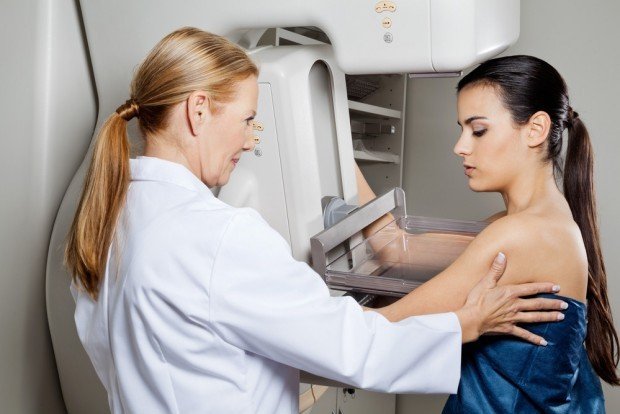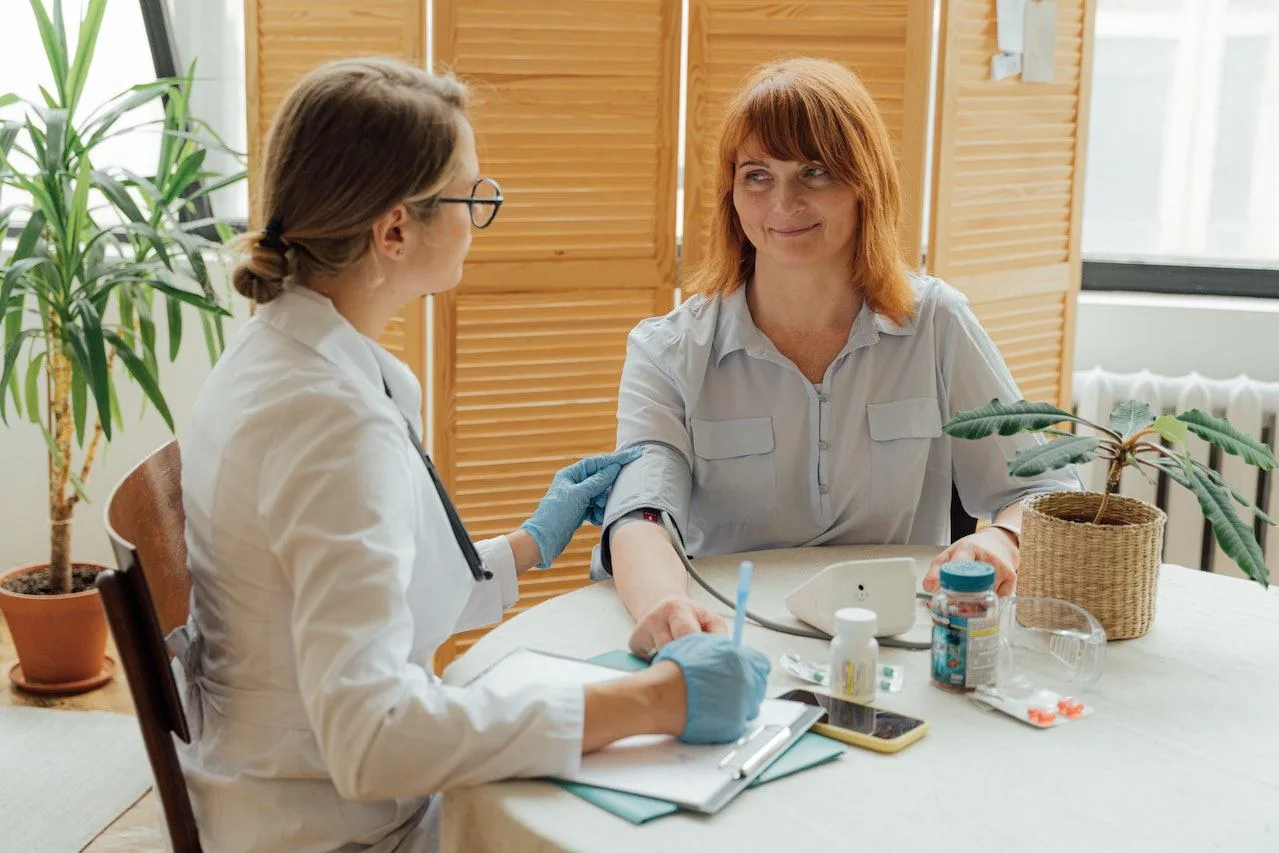Women often rank the health and well-being of their loved ones at the expense of their own. What does it take for a woman to focus on their own health, and what steps can they take to get and stay healthy? Women’s health requires strong focus. The focus should extend beyond reproductive health to all other aspects of a woman’s health, including treatment and prevention of chronic diseases.
Women Need To Prioritize Their Health
Regular health check-ups are important because they give a woman a baseline on how healthy she is. They are key to detecting serious health conditions early on, which means a chance at far better outcomes.
The good news is that women are more proactive when it comes to regular health checks. A study in the National Library of Medicine indicated that women have higher medical care service utilization. Also, about 80% of women tend to take charge of their family’s health needs.
6 Preventative Health Checks For Girls and Women
1) Start young!
Children, from two years up, can start going for developmental assessments that measure height, weight, and general well-being. Where possible, children should also complete an age-related lifestyle questionnaire.
2) Blood sugar, blood pressure, and cholesterol screenings detect ‘silent killers’
There are several quick and easy health checks that a woman can go for each year, starting in her 20s, to give a good sign of her health.
These screening tests include:
- blood glucose
- blood pressure
- cholesterol
- body mass index (BMI)
These tests will help determine your risk for conditions like high blood pressure, type 2 diabetes, high cholesterol, and obesity. These conditions are often called ‘silent killers’ because they are mainly detected when something serious like a heart attack or stroke takes place.
3) Pap smears detect pre-cancerous cells, so they prevent cervical cancer
Cervical cancer is the fourth most common cancer among women globally. Screening checks for cervical cancer include human papillomavirus or ‘HPV’ tests and pap smears.”
A woman can start going to her GP or gynecologist for pap smears in her 20s, once every three years. Pap smears look for precancerous cells that might become cervical cancer if not treated. Similarly, HPV tests look for the virus, which is the underlying cause of most cervical cancer cases. This test should be done every five years in place of a pap smear.
4) Mammograms detect lumps that could be breast cancer
Breast cancer is the most commonly diagnosed cancer worldwide. Yet, treatment for early-stage breast cancer is very effective, so it’s key to find the cancer as early as possible.

Tyler Olson/Shutterstock
Regularly examining your breasts can be an essential way to find breast cancer early. From the age of 40, women are encouraged to go for a mammogram (breast X-ray) once every two years. Women at high risk are advised to go for yearly screenings. You are considered at high risk if you have a strong family history of breast cancer, which includes a genetic predisposition to breast cancer (BRCA positive) and a personal history of breast cancer.
5) Detect colorectal cancer with a colonoscopy
Women should start going for colon cancer screening at the age of 45 and should prioritize a discussion with their GP on the appropriate screening test, which includes a stool-based test.
For those at high risk, a colonoscopy may be recommended.
6) Bone density screening tests for osteoporosis
According to the International Osteoporosis Foundation, one in three women will possibly develop osteoporosis – a disorder in which bones become less dense and thus more fragile and likely to break.
Women should go for bone density testing from the age of 65, regardless of clinical risk factors. Yet, your doctor might refer you for bone density testing if you are a postmenopausal woman, a woman in the menopausal transition, and at age 50 to 69 years with clinical risk factors for fracture.
A bone density scan is conducted by a radiologist.
Other health checks for women
These include:
- Eye examination
- Skin and mole checks for those at high risk
- Dental check-ups
- HIV and STD screening
- Mental health screening
The frequency of these health tests depends on a woman’s individual risk factors. It’s important to be guided by your GP.
Bottom line
When you go for screenings, you give yourself the best chance of detecting severe or chronic health conditions in their early stages. This opens the opportunity for early intervention and to prevent complications relating to late diagnosis. Doing this can improve your quality of life and longevity.
Keeping up with health and wellness screening checks is an empowering way for a woman to take charge of her health and give herself the best chance at living a long and healthy life.
References
Arnold, M., Morgan, E., Rumgay, H., Mafra, A., Singh, D., Laversanne, M., Vignat, J., Gralow, J. R., Cardoso, F., Siesling, S., & Soerjomataram, I. (2022). Current and future burden of breast cancer: Global statistics for 2020 and 2040. The Breast : Official Journal of the European Society of Mastology, 66, 15-23. https://doi.org/10.1016/j.breast.2022.08.010
Bertakis, K. D., Azari, R., Helms, L. J., Callahan, E. J., & Robbins, J. A. (2000). Gender differences in the utilization of health care services. The Journal of family practice, 49(2), 147–152.
MAIN IMAGE CREDIT: Photo by Antoni Shkraba from Pexels
Who is the author?

Dr. Noluthando Nematswerani
Dr. Noluthando Nematswerani is a medical doctor with more than 20 years of healthcare experience. She is a member of the Discovery Health Executive Committee, the Risk Executive Committee, chair of the Discovery Group Clinical Executive Committee, and a media spokesperson for Discovery on all clinical issues.
Dr. Nematswerani is passionate about access to affordable, high-quality healthcare for all and is a firm believer in health as a basic human right.
She led the COVID-19 clinical response for Discovery, which included the formulation of in-and-out-of-hospital COVID-19 funding policies for client schemes. Dr. Nematswerani facilitated webinars with experts addressing up-to-date information for clinical management of COVID-19 and drove COVID-19 awareness (including vaccination awareness) for Discovery employees, corporate clients, broader scheme membership, and the South African public.



![women [longevity live]](https://longevitylive.com/wp-content/uploads/2020/01/photo-of-women-walking-down-the-street-1116984-100x100.jpg)










